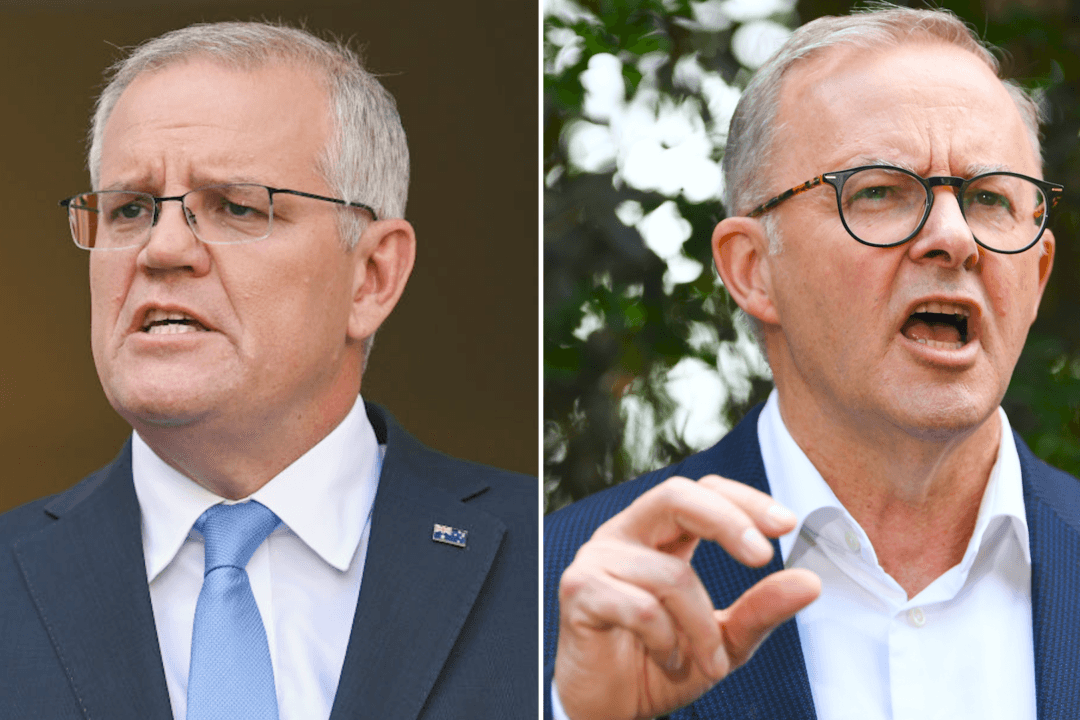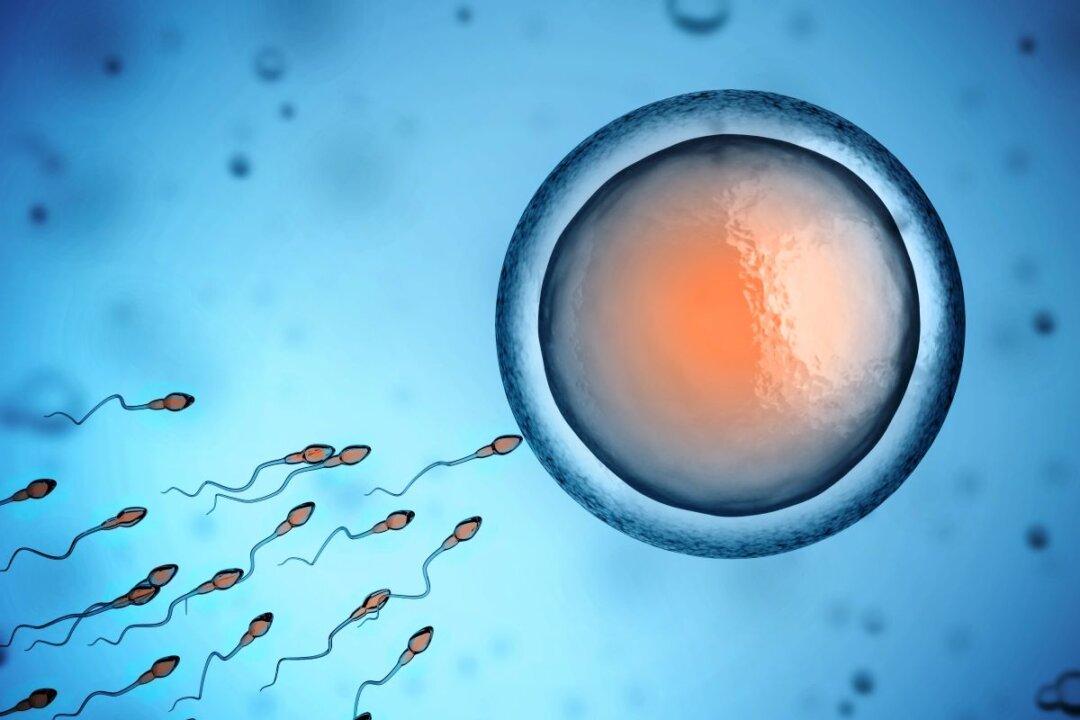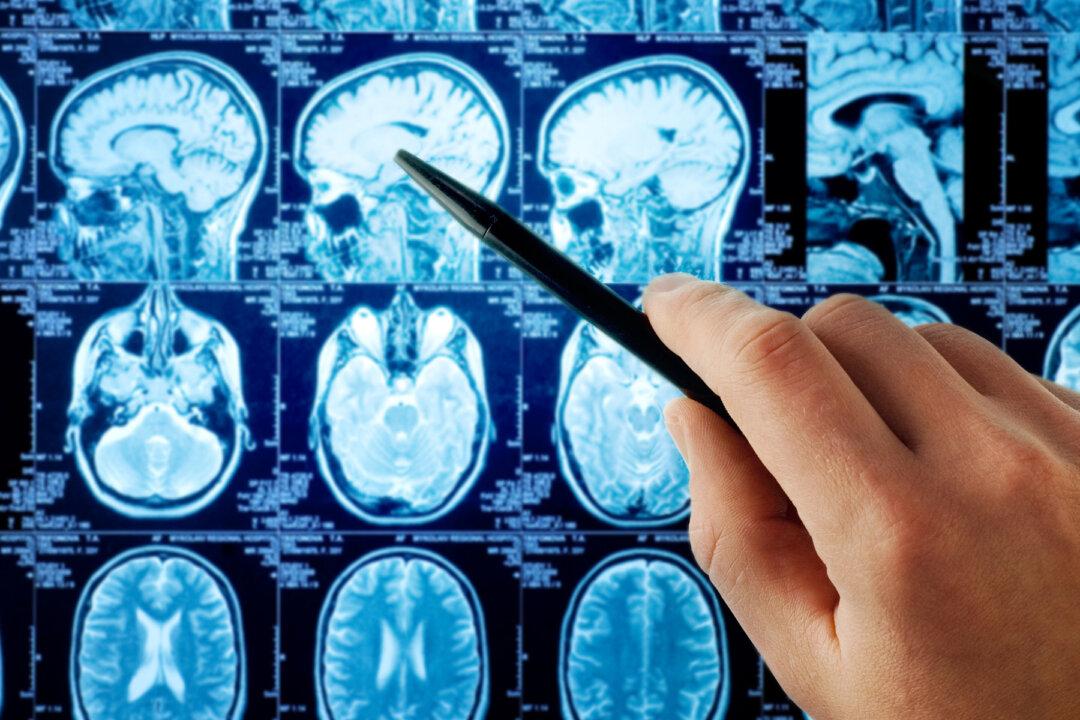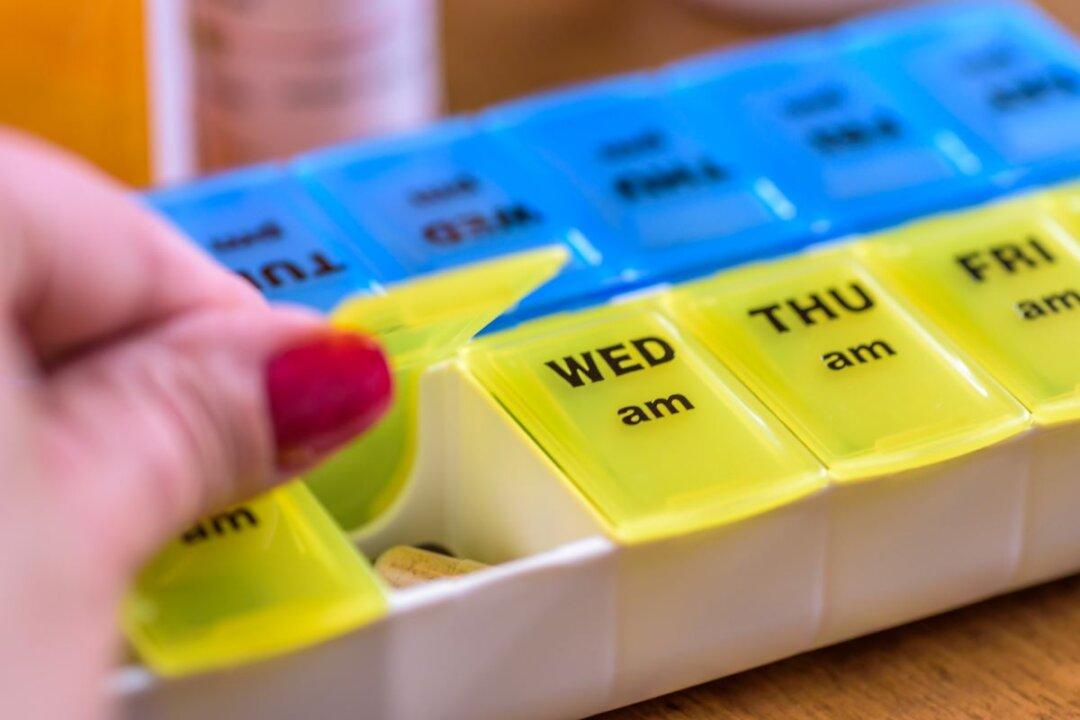Both the Australian federal government and opposition have backed two renewable hydrogen hubs in the state of Western Australia (WA) through a $140 million (US$103.6 million) funding commitment.
The bipartisan federal support for the projects comes on the back of WA government’s $117.5 million investment in late 2021 to attract federal funding for renewable hydrogen hubs in WA.





